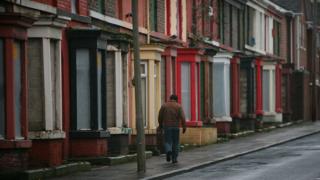 Image copyright Getty Images
Image copyright Getty Images Inequalities in pay and chances in the UK are ending up being so severe they are threatening democracy, an Institute for Fiscal Studies research study has actually stated.
The think tank cautions of runaway earnings for high earners however increases in “deaths of anguish”, such as from dependency and suicide, amongst the poorest.
It cautions of dangers to “centre-ground” politics from stagnating pay and divides in health and education.
The report states such expanding spaces are “travestying democracy”.
The Institute for Fiscal Studies (IFS), among the nation’s leading research study institutes, is introducing what it states is the UK’s greatest analysis of inequality.
That will be chaired by Nobel Prize-winning financial expert Prof Sir Angus Deaton.
‘Taking instead of making’
He stated “individuals were bothered by inequality” more than at any time because the 1940s – and the effect was so major that it recommended “democratic industrialism is broken”.
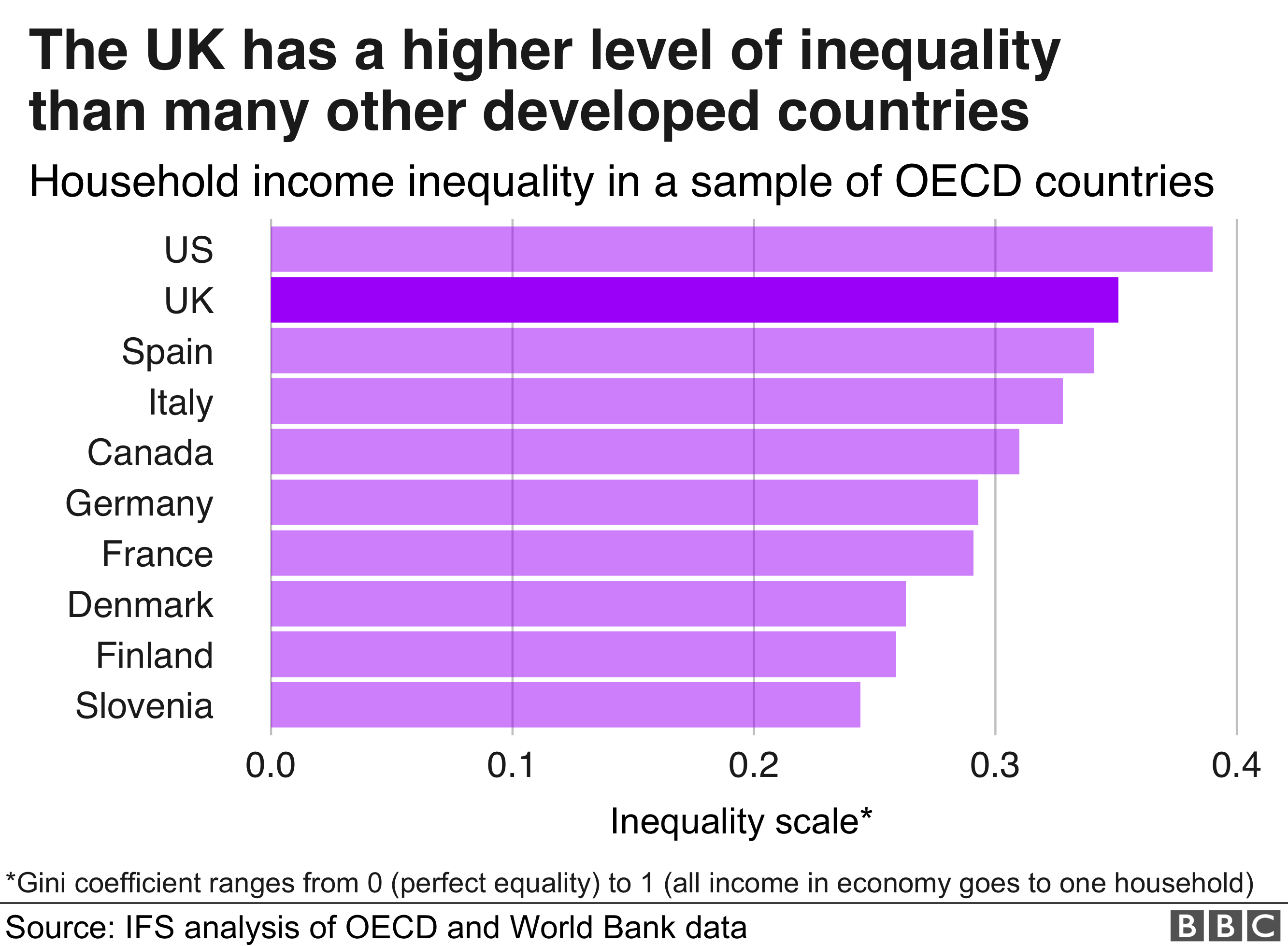
He cautioned of the risks of disillusionment if individuals did not feel relatively rewarded for their work – which severe wealth appeared to be acquired by “taking instead of making”.
Sir Angus stated “individuals getting abundant is a good idea” however not if it indicated “enhancing the couple of at the cost of the numerous”.
- Middle classes losing to ultra abundant
- Half of kids born into households leasing
- British Gas manager gets 44% pay increase after ‘difficult year’
- A 3rd of millennials deal with leasing their whole lives
At the beginning of this evaluation, the IFS has actually released indications of inequality – such as the typical president of a FTSE 100 business now making 145 times the typical wage, up from 47 times in 1998.
It recommends pay inequality in the UK is high by worldwide requirements – with the share of home earnings going to the wealthiest 1% having actually tripled in the previous 3 years.
The middle classes are likewise under pressure, especially more youthful generations, with stagnant pay and unaffordable home rates.
The long-lasting decrease in trade union subscription is recognized as another consider earnings not increasing.
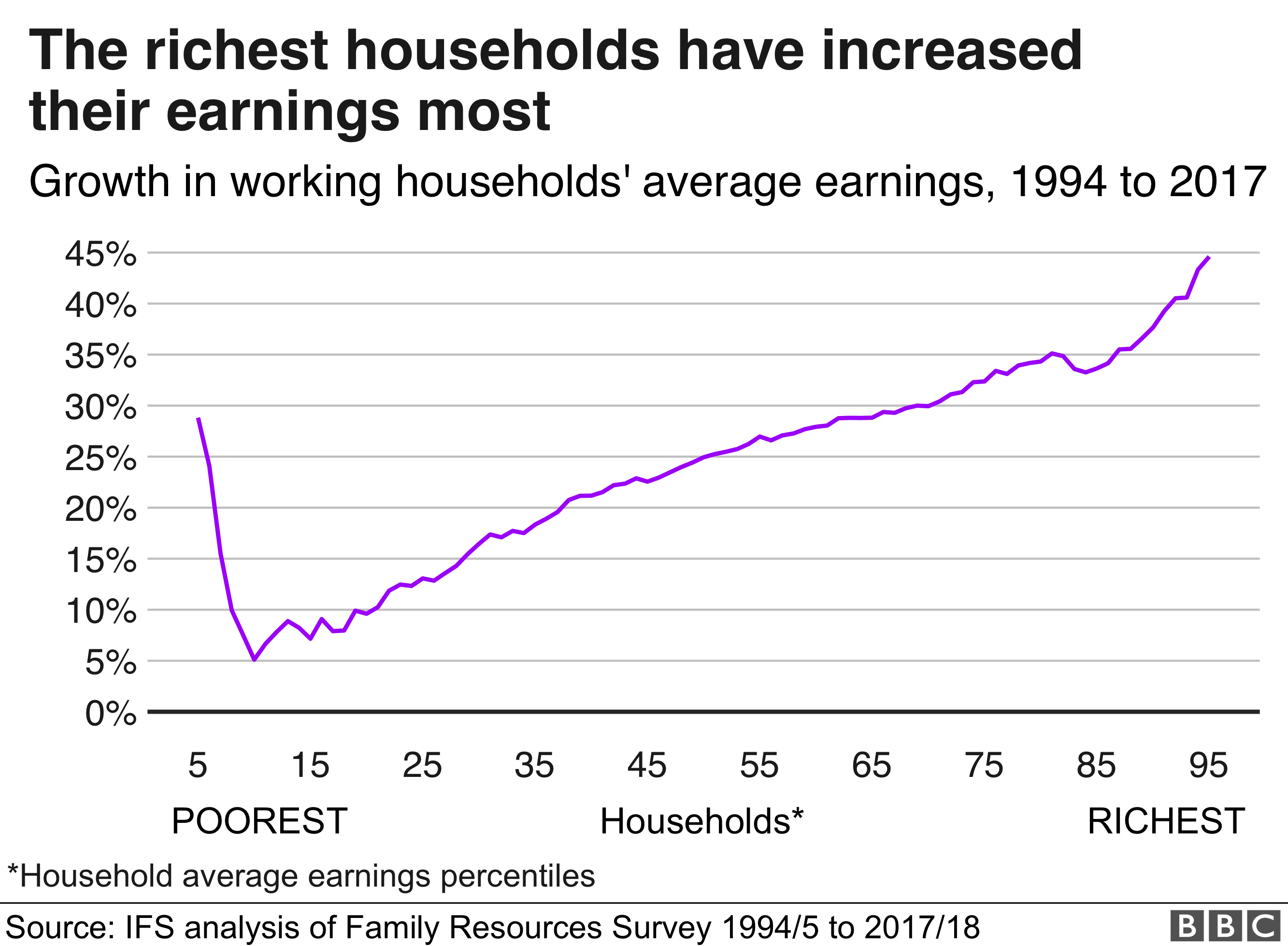
As well as inequality in earnings, the think tank highlights divergence in health.
It states there is nearly a 10-year space in male life span in between the wealthiest and poorest locations – and the IFS cautions of “deaths of anguish”, with an increase in sudden deaths from alcohol and drug abuse and suicide being connected to aspects such as hardship, social seclusion and psychological illness.
Patterns of relationship are likewise impacted by inequality, the research study recommends.
Over current years, wealthier individuals have actually ended up being most likely to be residing in a couple, either co-habiting or married, the IFS states.
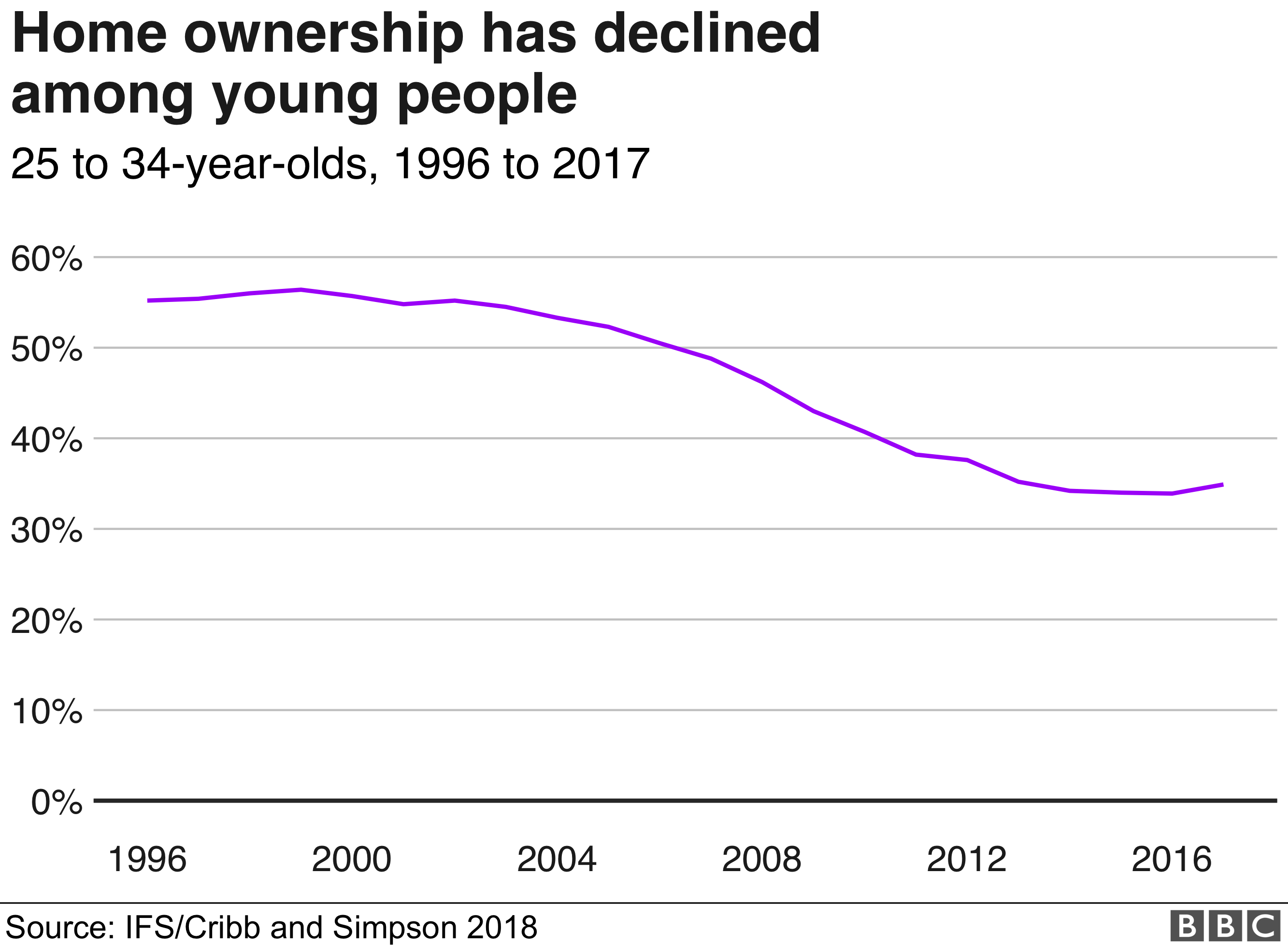
But amongst the bad, decreasing numbers are dealing with a partner, a pattern credited to increasing task insecurity, an absence of monetary self-reliance and more “disorderly lives”.
The huge image, states the IFS, is the UK is ending up being more like the United States, with a concentration of wealth on top and pressure on working households lower down the pay scale.
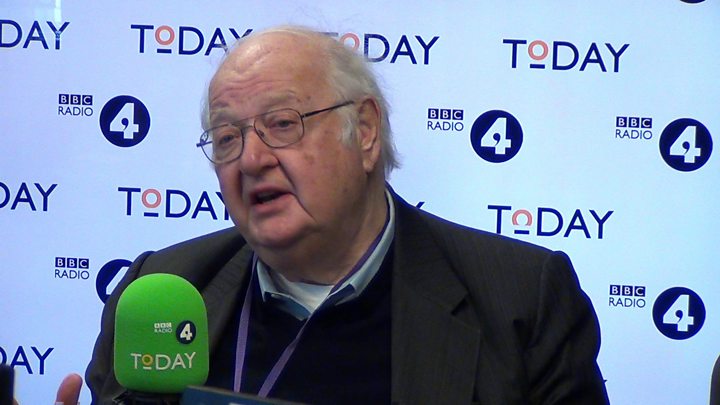
It states that in the United States, increases in life span have actually stalled which for non-graduate male employees, pay has actually not increased in genuine terms for 5 years.
“The threat is that the UK might follow a comparable course,” states the IFS research study. IFS cautions of the social stress that will come with a financial landscape constructed on expanding inequality, #peeee
The.
As financial think tank the Organisation for Economic Co-operation and Development (OECD) reported just recently, this is most likely to put pressure on the middle classes along with those on low earnings.

‘Constant absence of security’
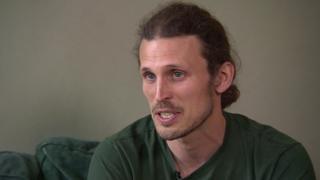
University science scientist James Hutchinson, in his 30s, feels he has actually kept his side of the deal – getting a degree from Cambridge – and now working as a scholastic along with raising a household with his partner.
But he feels a sense of “powerlessness” about the expense of real estate which his work has no task security, with a series of short-term agreements.
“It’s not a sob story,” states Dr Hutchinson, “But if individuals feel they can’t enhance their lot, then they feel detached.”
“We were offered the concept that scholastic success is the method to be much better off,” he states.
He resides in Bristol and had a hard time to get someplace they might pay for to live – presently the household all sleep in one space while they repair their house.
He acknowledges that he’s “more fortunate than lots of” – making the average for UK graduates of £ 35,000 annually – however he voices a disappointment at an absence of development and fears that things might get back at worse for his kids.
The “detach” comes, he states, from his generation ending up being “progressively knowledgeable about your own expendability” and a work culture haunted by a “consistent absence of security”.
Dr Hutchinson is sceptical that any of the political rhetoric will equate into genuine enhancements.
“How do we construct a practical society out of inefficient lives?” he asks.
The customer society hesitates of ending up being the taken in.

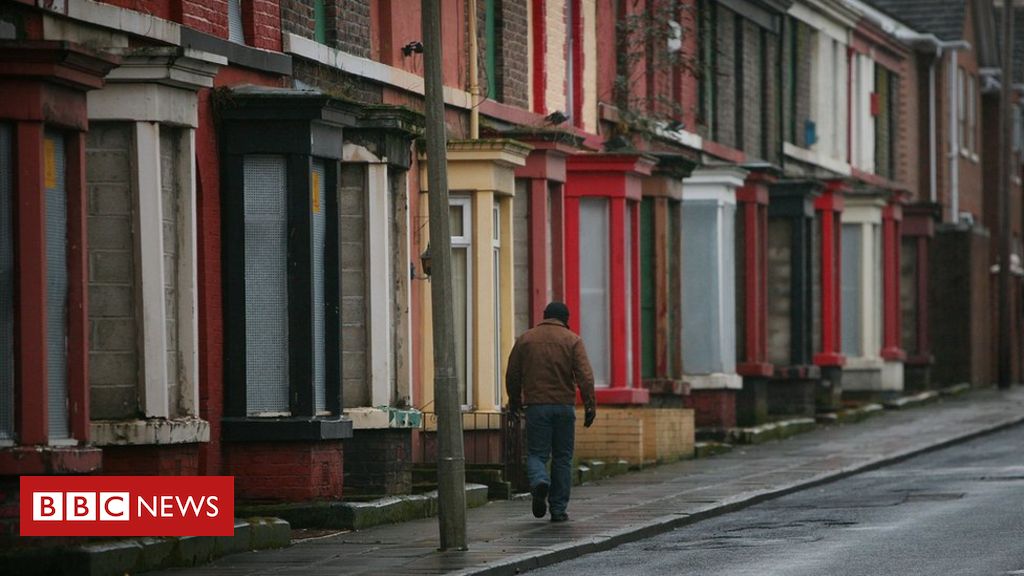
Recent Comments